The US Department of Justice (DoJ) has served an arrest warrant on a top London law firm in an effort to seize hundreds of millions of dollars – alleged to be the proceeds of a major international fraud – which it is holding on behalf of a client.
According to court records reviewed by the Guardian, the UK’s National Crime Agency (NCA) served the warrant at the central London offices of the elite firm Clyde & Co, on behalf of the DoJ.
The warrant, signed by a US federal judge, identified the “defendant” as the $330m (£243m) held by Clyde & Co in a bank account at a NatWest branch in the City.
DoJ filings state that “an arrest warrant in rem” – a type of order used to seize property or assets – was served on the law firm on 29 October in an attempt to secure the funds.
The DoJ alleges the money is derived from a complex fraud against the Malaysian state investment fund 1MDB, which embezzled more than $4bn from the fund and laundered money to pay bribes and finance lavish lifestyles of its alleged perpetrators.
1MDB scandal explained: a tale of Malaysia’s missing billions
Read more
US and Malaysian authorities are continuing to recover money connected to the fraud, large sums of which were used to fund Hollywood movies and pay for items including a $250m superyacht and paintings by Van Gogh and Monet.
Specialist DoJ anti-money-laundering prosecutors allege the money held by Clyde & Co is “about all that is left of the proceeds” of the first phase of the 1MDB fraud, which allegedly misappropriated $1bn of 1MDB funds.
According to prosecutors, $700m of the money was used for the “personal gratification of 1MDB conspirators” while $300m was diverted to a joint venture between 1MDB and PetroSaudi, a little-known oil company established by the Saudi businessman Tarek Obaid with a member of the Saudi royal family.
The DoJ first accused PetroSaudi of participating in the fraud in 2016 and later alleged Obaid was “a key member in orchestrating and profiting” from this phase of the scheme. Obaid, who was charged last year in Malaysia in connection with the alleged fraud, has consistently denied any wrongdoing.
Last year, US and Malaysian prosecutors began focusing their attention on the money held by Clyde & Co which they allege is the proceeds of the 1MDB-PetroSaudi joint venture. The DoJ filed civil forfeiture proceedings in an effort to seize the funds, triggering legal disputes in the US and UK.
Documents from the litigation have shed light on the convoluted route the alleged 1MDB fraud proceeds took before arriving in the custody of a top London law firm.
Clyde & Co’s relationship with PetroSaudi appears to have begun around 2015, when the law firm began representing PetroSaudi in a dispute over unpaid invoices with Venezuela’s state-owned oil company, PDVSA.
According to the DoJ, PetroSaudi won a contract with PDVSA in 2010 for offshore drilling operations after using the 1MDB funds to purchase “two secondhand and ageing drillships”.
But when PDVSA refused to pay PetroSaudi’s invoices for the drilling in Venezuela, PetroSaudi sought payment through a standby letter of credit from a Portuguese bank. In 2015, PDVSA challenged PetroSaudi’s entitlement to this bank guarantee at an arbitration tribunal.
PetroSaudi ultimately prevailed in the case and last year was awarded about $380m, the majority of which had been placed in Clyde & Co’s escrow account.
Do you have information about this story? Email investigations@theguardian.com, or use Signal or WhatsApp to message (UK) +44 7584 640566 or (US) +1 646 886 8761.
A spokesperson for Clyde & Co insisted the funds were the proceeds of the standby letters of credit and that the court of appeal had ruled that PetroSaudi was entitled to receive the money. He added: “Our involvement only arises because we held the funds to the order of, and at the direction of, an arbitration tribunal.”
However, earlier this month the DoJ told a federal court in California the funds were the proceeds of the fraud on 1MDB, regardless of whether they were paid willingly or in accordance with an arbitration award.
PetroSaudi, which is contesting the DoJ’s forfeiture claim, has rejected the DoJ’s allegations and maintains the money was generated through legitimate business activity.
In a further twist, PetroSaudi sued Clyde & Co late last year after the firm refused to make payments from its escrow account. Documents show the law firm said it feared criminal charges if it made any transfers from the account.
PetroSaudi is asking the high court to compel Clyde & Co to transfer funds, a move the DoJ has characterised as a “collateral attack” on the US arrest warrant and an attempt to dissipate the money, which it says is now “in jeopardy”.
PetroSaudi’s claim against its former lawyers caps an eventful five-year relationship during which Clyde & Co represented the company amid mounting allegations by prosecutors over its alleged involvement in the 1MDB fraud.
Clyde & Co declined to answer questions about when it first learned of the allegations against PetroSaudi and refused to say what due diligence it had conducted to ensure the funds at the heart of the dispute with PDVSA were not the proceeds of crime.
Its spokesperson said the firm “holds itself to the highest professional and ethical standards” and “will continue to fully comply with our legal and regulatory obligations as the case warrants”.
A lawyer for PetroSaudi and Obaid did not respond to the Guardian’s request for comment.

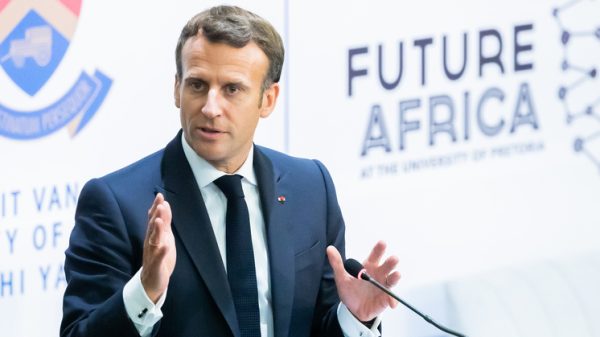
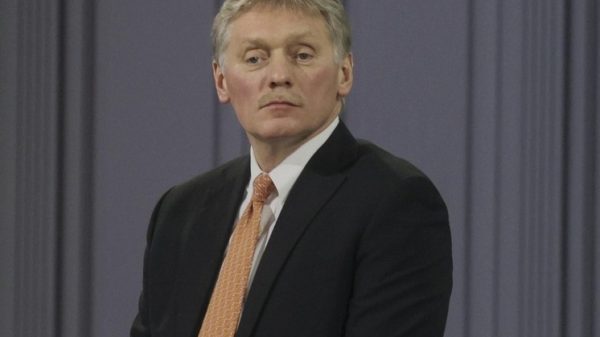
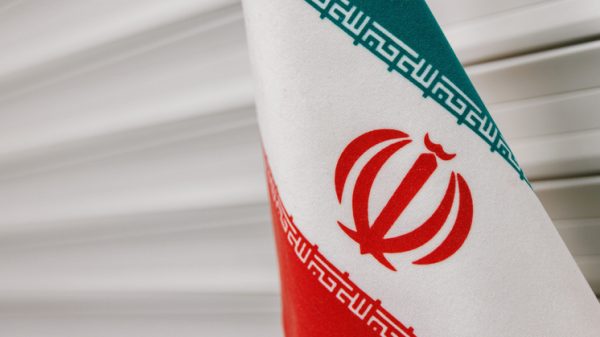

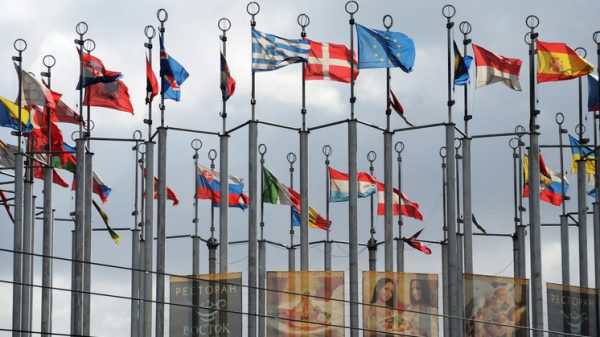

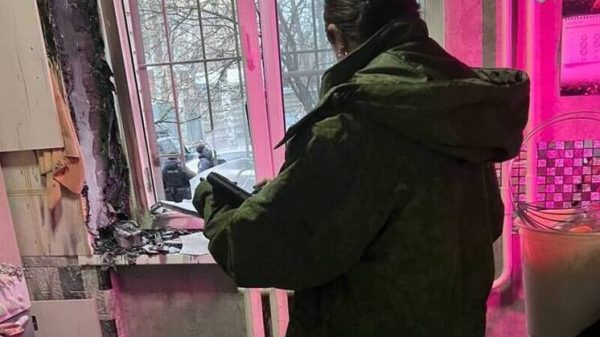




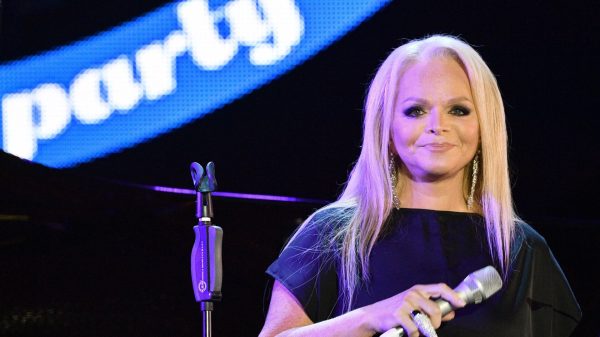
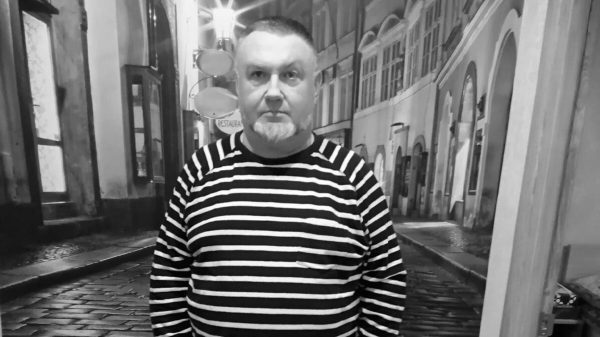



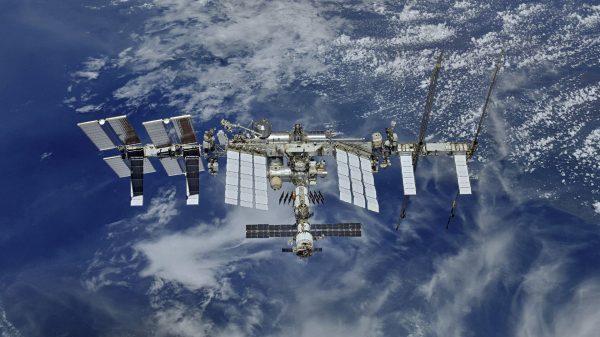
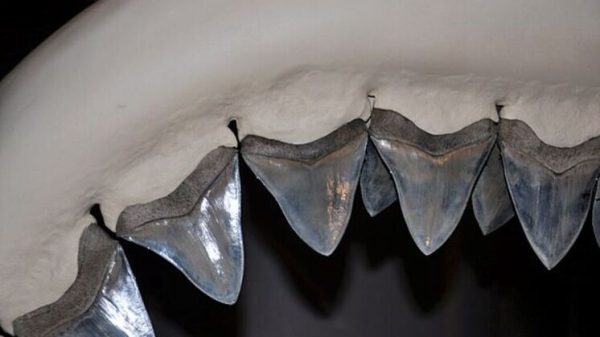



























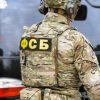









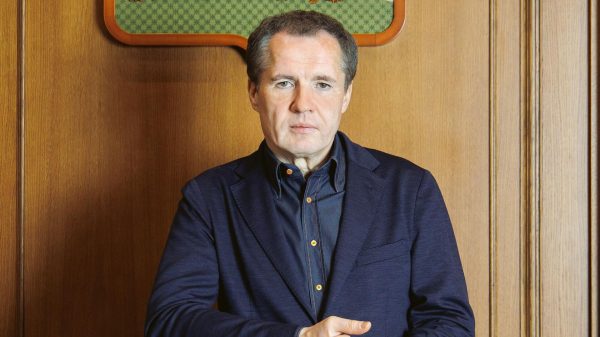
Свежие комментарии